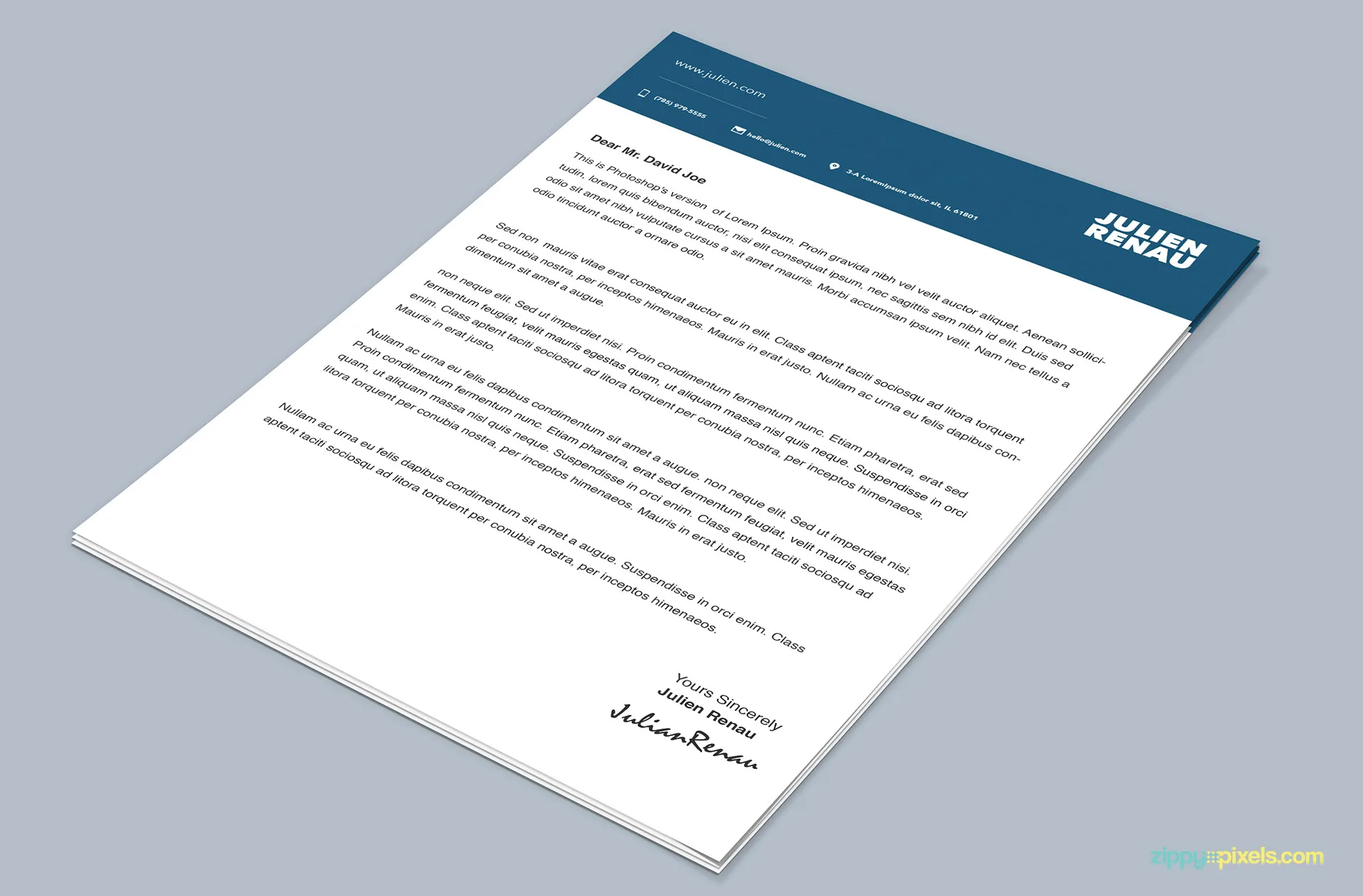Cover Letter Length: The One-Page Myth
The conventional wisdom dictates that a cover letter should be concise, ideally fitting neatly onto a single page. This guideline, while generally sound, isn’t a rigid rule. In reality, the optimal length of your cover letter hinges on several factors, including your experience level, the complexity of your career history, and the specific requirements of the job you’re applying for. The one-page limit serves as a benchmark to encourage brevity and focus, ensuring that you capture the reader’s attention quickly and efficiently. However, sticking to this limit at the expense of effectively showcasing your qualifications can be counterproductive. The primary goal is to present a compelling case for your candidacy, and sometimes, that necessitates going beyond a single page.
Why Cover Letters Sometimes Need More Than One Page
Several scenarios warrant extending your cover letter beyond a single page. The most crucial factor is the depth and breadth of your experience. If you possess a wealth of relevant experience, especially in a specialized field or at a senior level, condensing your accomplishments into a single page can be challenging and may result in the omission of critical details. Furthermore, the nature of the job itself might necessitate a more comprehensive explanation of your skills and how they align with the employer’s needs. Think about complex projects, significant achievements, or nuanced skill sets that are best explained with greater context. In essence, the length should reflect the importance of the role and the complexity of your qualifications.
When a Longer Cover Letter Is Beneficial
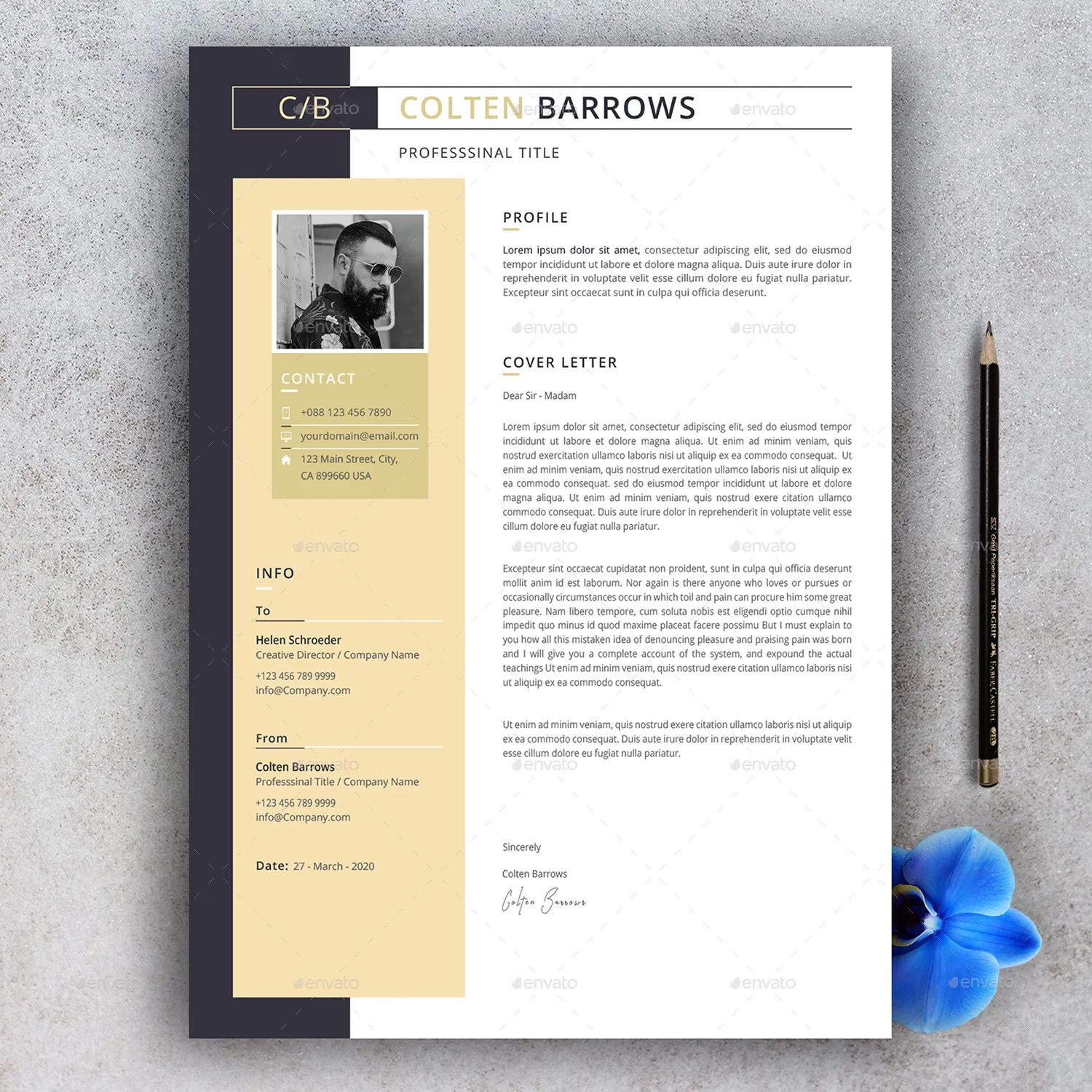
A longer cover letter can be particularly advantageous in certain circumstances. It allows you to delve deeper into your qualifications, demonstrate a thorough understanding of the role, and provide compelling evidence of your suitability. This approach enables you to showcase your expertise more effectively, providing potential employers with a clearer picture of your capabilities and achievements, particularly if you have a rich and diverse professional history. The extra space also allows you to articulate your value proposition more persuasively, differentiating yourself from other candidates who might be constrained by a rigid one-page limit. A well-crafted longer cover letter, therefore, can significantly enhance your chances of securing an interview.
Highlighting Extensive Experience and Skills
If you have a long and successful career with multiple accomplishments, detailing each one effectively can be difficult within a single page. A longer format allows you to comprehensively describe your roles, responsibilities, and significant achievements. You can provide specific examples that highlight your skills and quantify your impact, which is particularly crucial for roles that require specialized expertise or a proven track record. This ensures that recruiters and hiring managers fully appreciate the breadth and depth of your experience.
Showcasing Complex Projects and Achievements
Complex projects, especially those involving intricate details or multifaceted responsibilities, often benefit from a more detailed explanation. A longer cover letter allows you to provide context, describe your role, and highlight your contributions to the project’s success. This is especially crucial for roles where demonstrating your ability to manage complex projects is key. Detailing your accomplishments and the challenges you overcame can significantly impress potential employers.
Addressing Specific Job Requirements in Detail
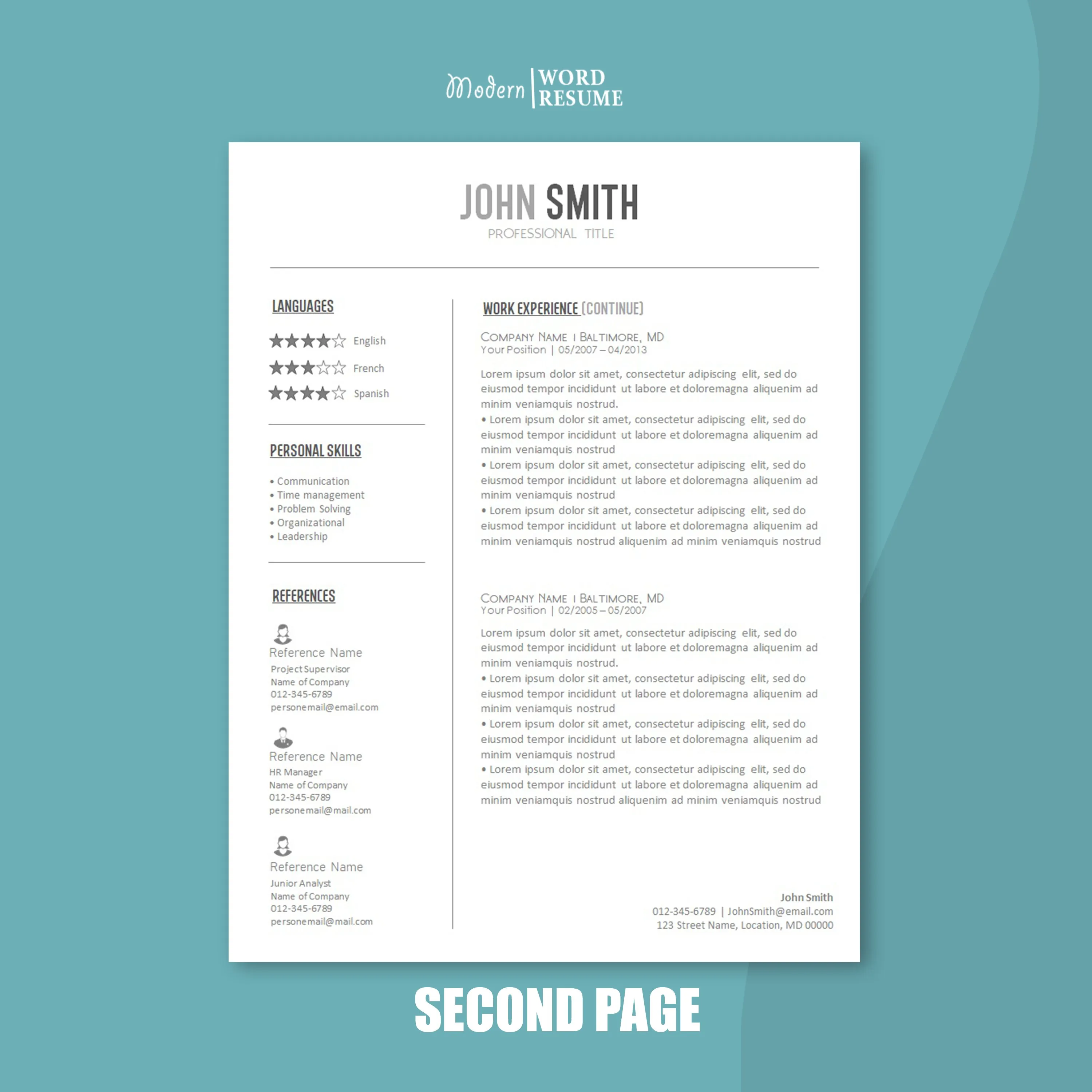
If the job description lists numerous specific requirements, a longer cover letter allows you to address each one individually and demonstrate how your skills and experiences align with the employer’s needs. This shows that you have carefully reviewed the job requirements and are confident in your ability to meet or exceed them. It also showcases your attention to detail and your proactive approach to applying for the role, making you a more attractive candidate.
Circumstances That Might Warrant a Longer Cover Letter
Certain career situations naturally lend themselves to a longer cover letter. Candidates transitioning careers or those with extensive experience in their field often benefit from the added space. Being strategic about when to extend your cover letter can significantly increase your chances of being seen as a strong candidate. Carefully consider the nature of the role, your experience, and what you need to convey to the hiring manager. Always ensure the extra content adds value and isn’t just filler.
Applying for Senior-Level Positions
Senior-level positions often demand a comprehensive overview of your leadership experience, strategic contributions, and long-term achievements. A longer cover letter provides the space to articulate your qualifications in detail, showcasing your ability to manage teams, drive results, and contribute to organizational success. For these roles, providing specific examples of your leadership style, strategic thinking, and ability to solve complex problems is crucial. The additional space allows you to paint a more complete picture of your capabilities, emphasizing your value to the company and making you a stronger contender.
Transitioning to a New Career Path
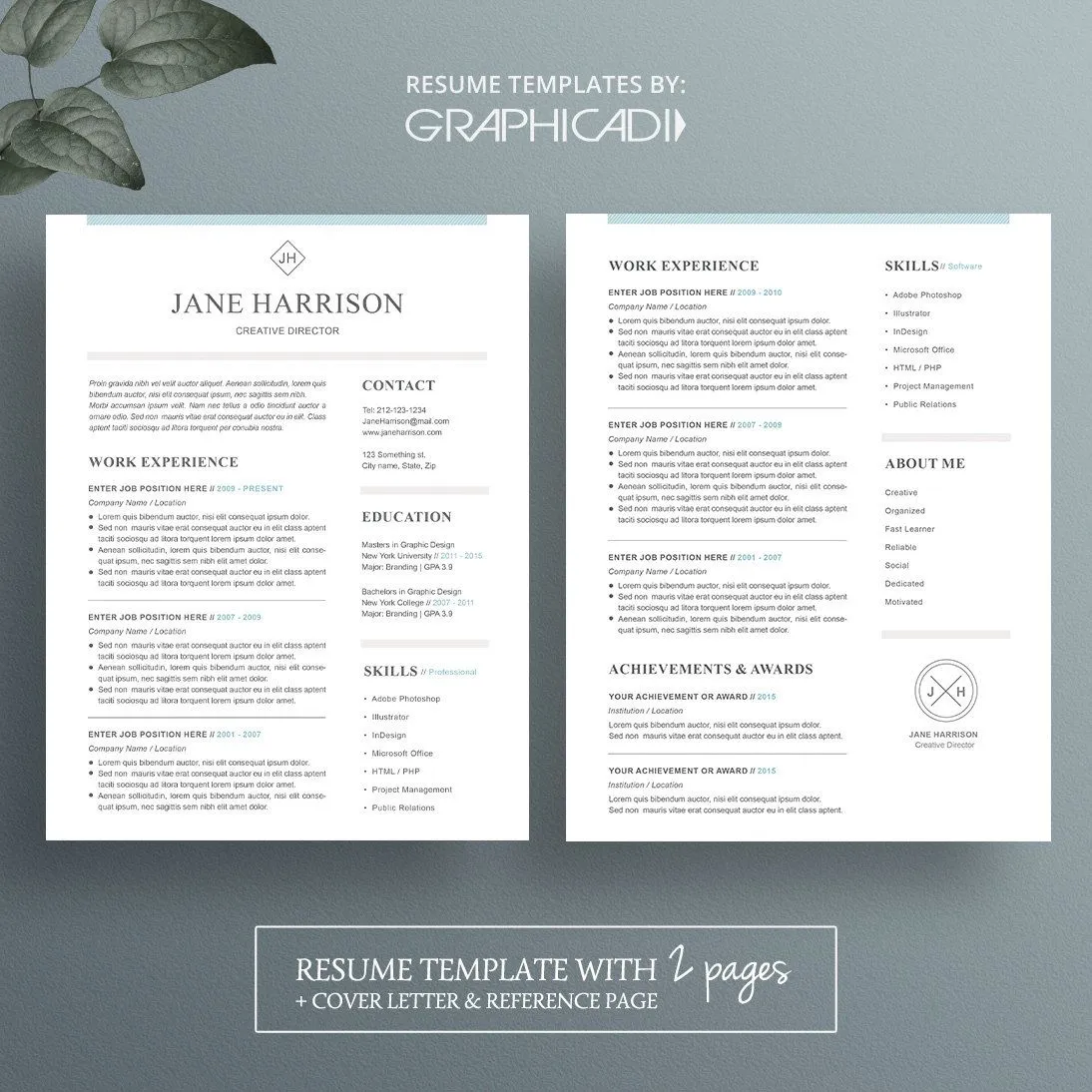
When transitioning careers, a longer cover letter provides an opportunity to explain your motivations, highlight transferable skills, and address any gaps in your experience. It allows you to make a compelling case for why your previous experience, even if seemingly unrelated, makes you a strong candidate for the new role. You can use the additional space to discuss your skills and your enthusiasm for the new career path, providing greater detail to overcome any potential reservations. The key is to connect your existing skills and experiences with the requirements of the target role, demonstrating your adaptability and commitment.
Highlighting Publications, Awards, or Certifications
If you have publications, awards, or certifications that are relevant to the job, a longer cover letter allows you to list and describe these achievements in more detail. This is especially important in fields where these credentials are highly valued. Include a brief explanation of each item, highlighting the impact of your work and your contributions. A longer cover letter lets you create a comprehensive professional profile, setting you apart from other candidates and making a stronger impression.
Structuring a Multi-Page Cover Letter
When extending your cover letter beyond one page, proper structuring is essential to maintain readability and professionalism. The formatting and organization should be clear, easy to follow, and engaging. By doing so, you ensure that the extra content serves a purpose and enhances your overall presentation.
Formatting the First Page Effectively
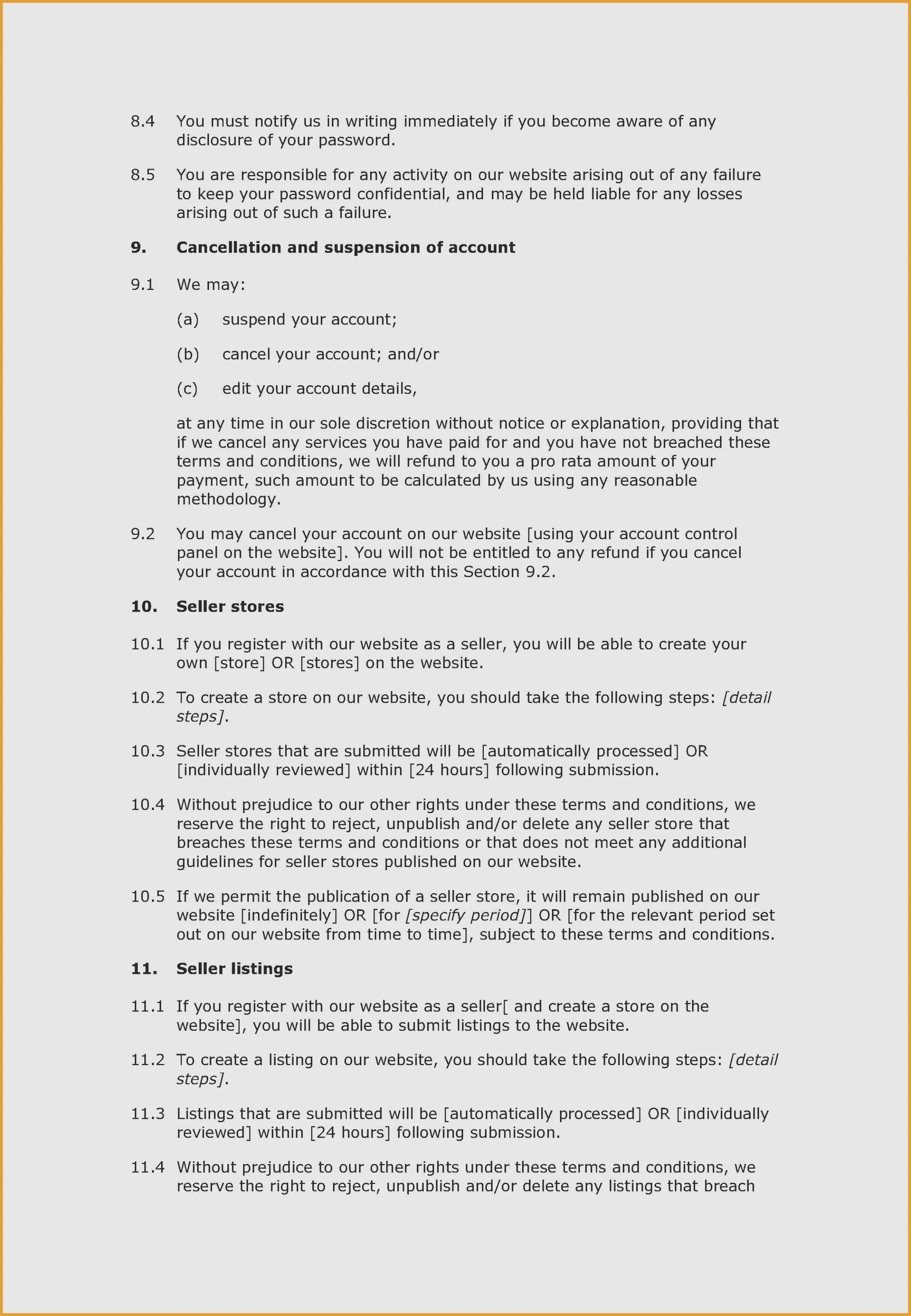
The first page is your most crucial opportunity to capture the reader’s attention. Start with a compelling opening that immediately showcases your interest in the role. Clearly state the position you are applying for and briefly summarize your key qualifications. Include a professional header with your contact information and the date. Keep the first page concise and focused, highlighting your most relevant skills and experiences to draw the reader in. The first page acts as the gateway to the rest of the information.
Using Clear Headings and Subheadings
Use headings and subheadings to break up the text and guide the reader through the information. This makes your cover letter easier to scan and digest. Clear headings help organize your thoughts and highlight the most important aspects of your qualifications. Use bold text for main headings and a different font size or style for subheadings to improve readability and visual appeal, ensuring that key information is easily accessible.
Maintaining a Professional Tone
A professional tone is critical throughout your cover letter. Use formal language, avoid slang, and maintain a positive and enthusiastic attitude. Be confident but not arrogant, and focus on how your skills and experience align with the company’s needs and values. Ensure your tone reflects the culture of the company and the seniority of the position.
Ensuring Readability and Visual Appeal
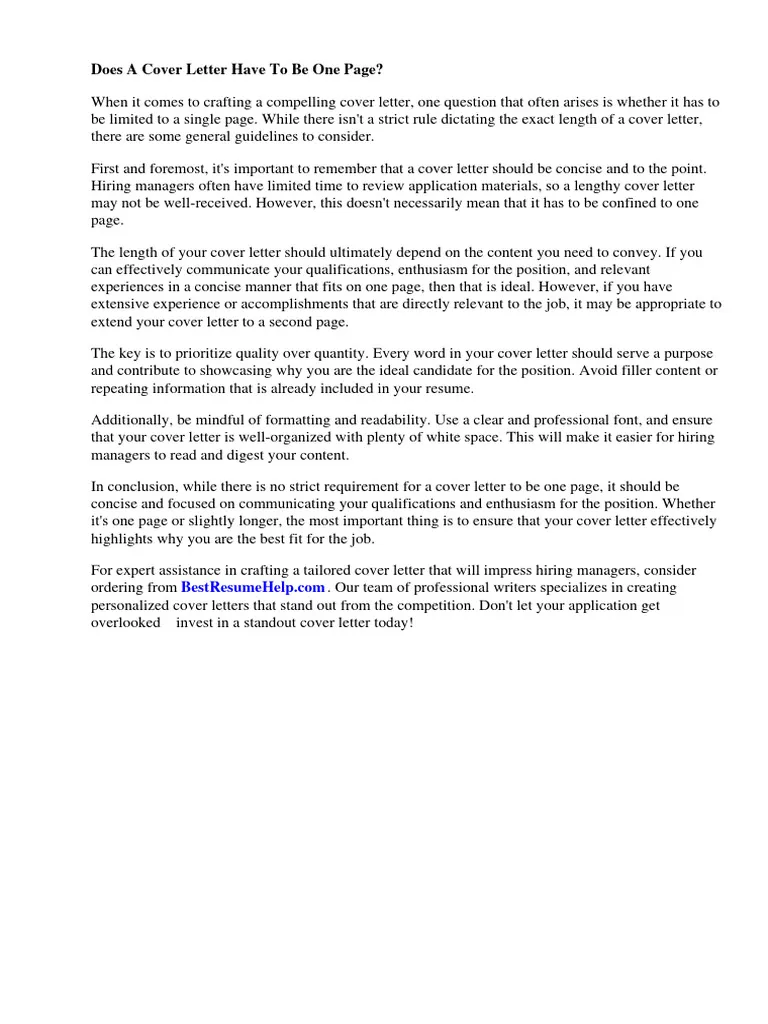
Use a clean font, such as Times New Roman, Arial, or Calibri, and maintain consistent formatting throughout the document. Use adequate spacing between lines and paragraphs to improve readability. Avoid overly long paragraphs, and break up the text with bullet points or lists when appropriate. Proofread carefully to eliminate any grammatical errors or typos, as this can detract from your professionalism. The visual appeal of your cover letter is as important as the content.
The Second Page and Beyond: What to Include
The second page of your cover letter should expand on the information presented in the first. Use this space to offer a more in-depth look at your qualifications, provide further context for your achievements, and reiterate your interest in the role. Always maintain the same level of professionalism and clarity.
Summarizing Key Qualifications
Reiterate your key qualifications and how they align with the job requirements. Emphasize the skills and experiences that make you the best candidate. Briefly summarize your most significant achievements and quantify your results whenever possible. This allows the recruiter to easily grasp your core competencies and quickly assess your value.
Providing Additional Context and Details
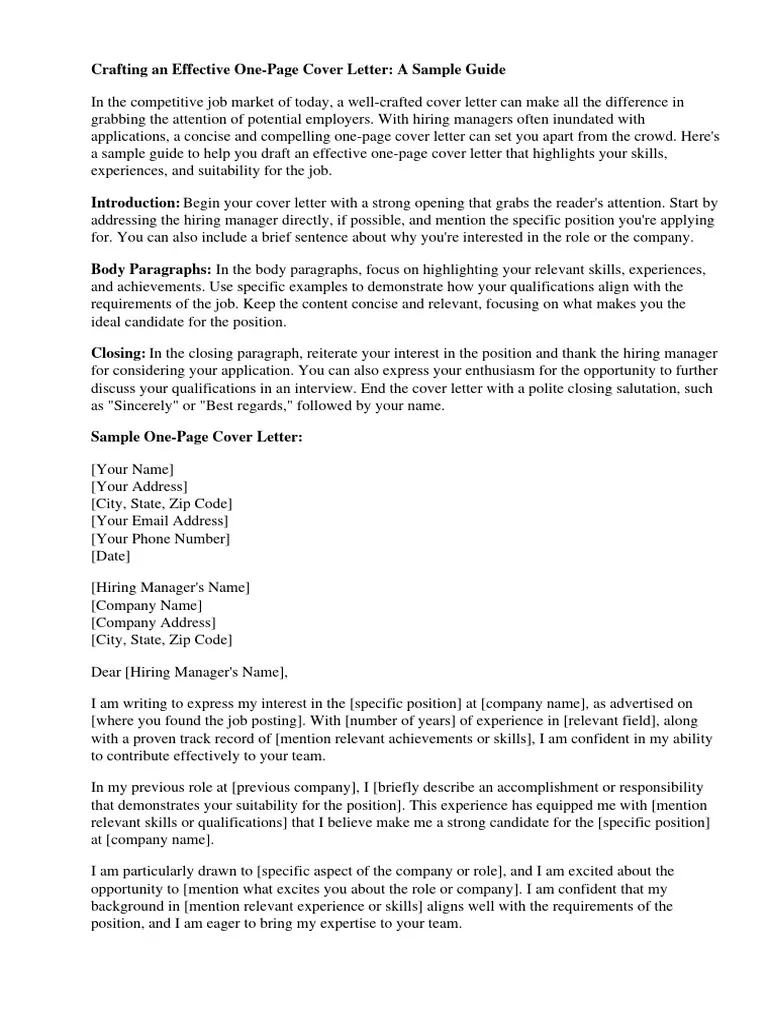
Use the additional space to provide more context for your accomplishments. Describe the challenges you faced, the strategies you employed, and the outcomes you achieved. Include specific examples that showcase your problem-solving skills, leadership abilities, or technical expertise. This will bring your qualifications to life.
Adding a Strong Call to Action and Contact Information
End your cover letter with a strong call to action, encouraging the reader to contact you for an interview. Reiterate your enthusiasm for the role and express your eagerness to discuss your qualifications further. Include your contact information, such as your phone number, email address, and LinkedIn profile URL, to make it easy for them to reach out. Thank them for their time and consideration.
Common Mistakes to Avoid in Longer Cover Letters
While a longer cover letter can be beneficial, it’s important to avoid common pitfalls that can undermine your application. Be mindful of these mistakes and proofread meticulously to ensure a polished and professional presentation.
Writing Too Much Irrelevant Information
Avoid including irrelevant information that does not directly relate to the job requirements. Stick to details that showcase your relevant skills, experiences, and accomplishments. Including extraneous information can make your cover letter seem unfocused and may cause the hiring manager to lose interest. Every piece of information should be relevant and support your candidacy.
Using Excessive Jargon or Clichés
Avoid using excessive jargon or clichés, as these can make your cover letter difficult to understand and sound generic. Use clear, concise language that highlights your skills and experiences in a straightforward manner. Make every word count. Prioritize readability and avoid sounding like every other applicant.
Failing to Proofread Carefully
Proofreading is critical for any cover letter, but it is even more important for longer documents. Errors can undermine your professionalism and create a negative impression. Proofread meticulously for grammar, spelling, and punctuation errors. Have someone else review your cover letter as well, as a fresh pair of eyes can often catch mistakes that you may miss. Thorough proofreading is essential to convey professionalism and attention to detail.
Final Thoughts on Cover Letter Length
The decision to extend your cover letter beyond one page should be based on your specific circumstances, the job requirements, and your goal of presenting your qualifications effectively. While the one-page rule is a good starting point, don’t let it hold you back from showcasing your value if more space is needed. Focus on clarity, relevance, and a strong presentation to maximize your impact and increase your chances of landing an interview. Adapt your approach, and prioritize conveying your strengths.
